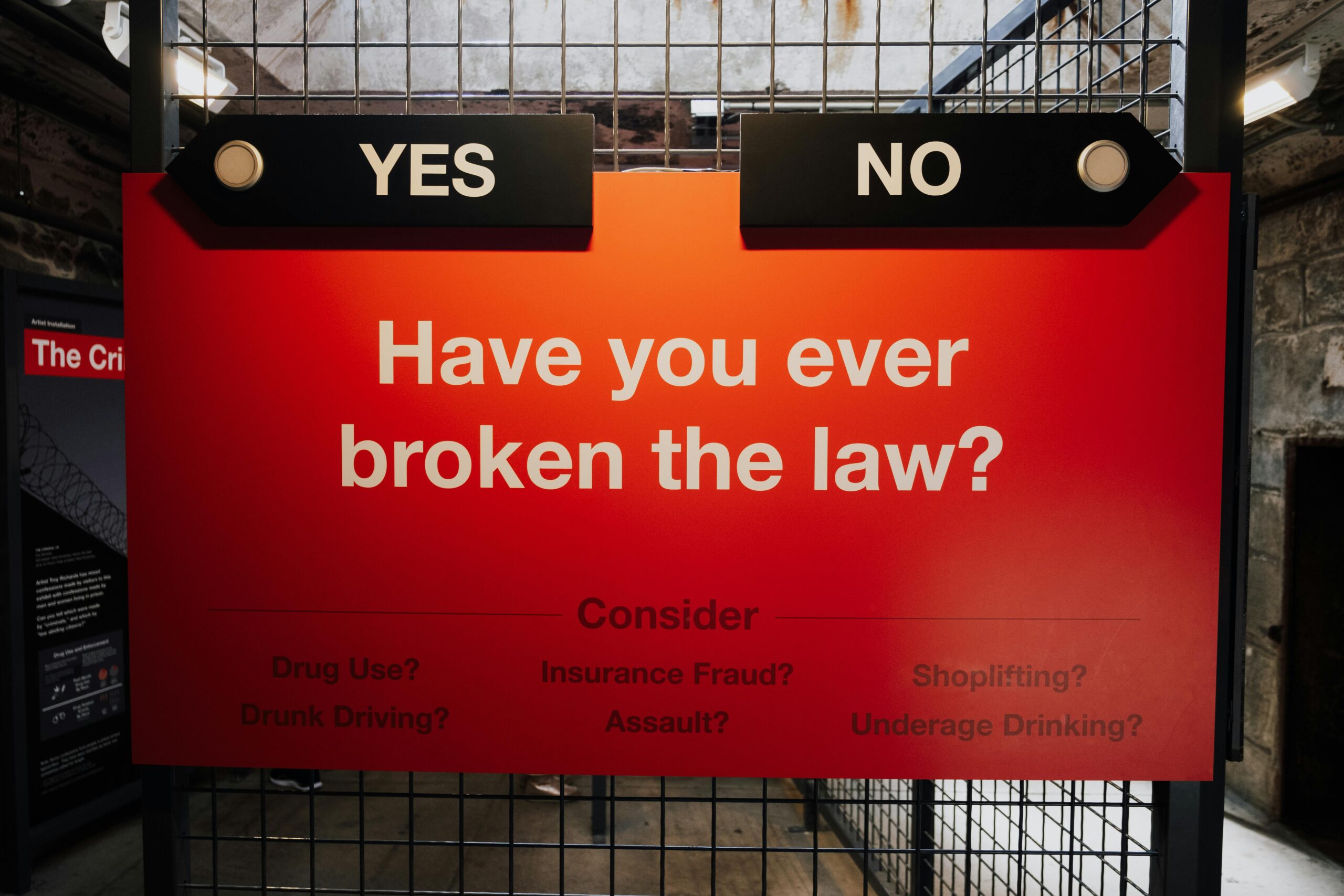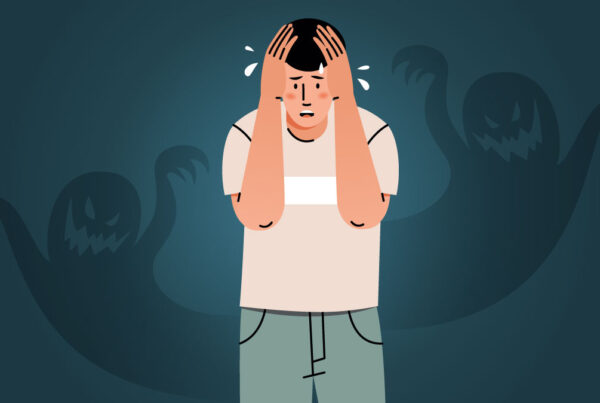For many adolescents, the first taste of alcohol is often seen as a rite of passage—a way to fit in, have fun, or mark the transition from childhood to adulthood. Social gatherings, parties, and peer pressure often make alcohol seem harmless, but the reality is far from it. In fact, underage drinking can have serious, long-lasting consequences on a young person’s brain development. While the physical effects of alcohol may be well-known, the damage it causes to the developing brain is often overlooked.
During adolescence, the brain is still in the process of maturing. It’s a time of rapid development, particularly in areas responsible for decision-making, impulse control, memory, and emotional regulation. The prefrontal cortex—the part of the brain that helps us plan, make sound judgments, and control our impulses—continues to evolve until the mid-20s. This makes the adolescent brain highly vulnerable to the effects of alcohol. When young people drink, especially at an early age, alcohol can disrupt this developmental process in profound ways.
One of the most immediate effects of alcohol consumption in adolescents is impaired cognitive function. Alcohol interferes with the brain’s ability to form new memories and learn new information. The hippocampus, a region of the brain crucial for memory formation, is particularly sensitive to alcohol’s toxic effects. This results in temporary memory lapses and difficulty concentrating, making it harder for young drinkers to perform well in school or retain information. But the effects aren’t just short-term; repeated alcohol use during these formative years can have long-term consequences. Studies show that adolescents who regularly drink alcohol tend to have lower IQs and perform worse academically than their peers who abstain from drinking.
Moreover, alcohol impairs decision-making and self-control, which are already areas of the brain that adolescents struggle with due to the underdevelopment of the prefrontal cortex. This makes young drinkers more prone to risky behaviors, such as unprotected sex, dangerous driving, and experimenting with other substances. Alcohol also increases impulsivity, which can lead to aggressive actions or dangerous situations that could have lasting consequences. For many teens, this lack of inhibition is what makes drinking appealing in the first place—whether it’s for the thrill or to fit in—but the effects on their brains are far from harmless.
The impact of alcohol on the adolescent brain goes beyond immediate cognitive impairments. Early alcohol use can also set the stage for more serious mental health issues down the road. Adolescents who drink alcohol are more likely to experience depression, anxiety, and other mood disorders. Alcohol disrupts the brain’s reward system, which is responsible for regulating feelings of pleasure and satisfaction. This disruption can alter mood regulation, leading to emotional instability. In fact, research has shown that teens who drink regularly are at a higher risk of developing alcohol dependence later in life, as their brains become reliant on alcohol to feel good or cope with stress.
Furthermore, alcohol has a direct impact on the brain’s plasticity—the ability of the brain to adapt and reorganize itself in response to new experiences. During adolescence, the brain is still in a period of high plasticity, which allows it to learn and adapt quickly. However, alcohol can hinder this process, making it more difficult for the brain to form new connections or develop new skills. This can have long-lasting effects on cognitive abilities, emotional regulation, and even social functioning.
While the immediate dangers of underage drinking are concerning, the long-term risks are even more alarming. Early alcohol use is strongly linked to an increased likelihood of developing a substance use disorder later in life. As the brain’s reward system becomes accustomed to alcohol, young drinkers may find it harder to resist future temptations. What begins as an occasional drink with friends can spiral into chronic alcoholism, which has devastating consequences on physical health, relationships, and overall quality of life.
The impact of underage drinking extends far beyond the individual; it affects society as a whole. Adolescents who engage in early alcohol use are more likely to experience academic difficulties, engage in criminal behavior, and struggle with mental health issues, all of which can place a significant burden on families, communities, and healthcare systems. The cost of underage drinking, both financially and socially, is staggering, but perhaps the most tragic aspect is that these consequences could have been avoided if young people were educated about the risks of alcohol on their developing brains.
It’s crucial for society to recognize the gravity of underage drinking and its effects on brain health. While laws and regulations aimed at preventing underage drinking are important, they are not enough on their own. Education and awareness are key. Young people must be informed about the dangers of alcohol consumption, not only to their physical health but to their brain development and future well-being. Equally important is providing support for those who may already be struggling with alcohol use, offering resources, counseling, and prevention programs that address the underlying causes of substance abuse.
Ultimately, protecting the brain health of adolescents requires a collective effort—a commitment from parents, educators, healthcare professionals, and communities to create an environment where young people are equipped with the knowledge and tools they need to make informed decisions. Underage drinking is not just a rite of passage—it’s a serious issue that can derail the future of a young person’s brain and their overall quality of life. With the right support and education, we can help prevent this damage and give future generations the opportunity to grow into their full potential.




